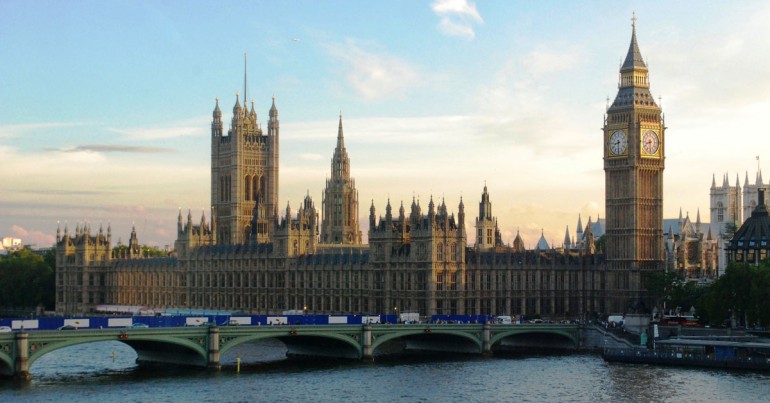
And the winner is…
With the general election almost upon us the pound is under pressure. What started out as an election about Brexit was transformed into an election about social care for the elderly, health and education. Then, with less than a week to go, the focus of the media and politicians switched to national security. The effect of it all has been to narrow the opinion poll advantage of the Conservatives. Whilst just about all pollsters find that advantage still exists, a 25-point lead when the election was called has dwindled to a handful of points. A couple of the polls even had that lead down to one point.
Where investors had previously believed a strong Tory majority was a foregone conclusion, there is now a degree of doubt that the party will be able to garner the 326 seats necessary to form a government on its own. That doubt has troubled sterling: Investors do not see how a minority government could deliver the strong and stable leadership promised by Theresa May in her campaign. Nor do they relish the prospect of Jeremy Corbyn and Diane Abbot going in to bat with EU leaders.
The surprise, then, is that sterling held up so well over the last seven days. It is on average unchanged against the other dozen most actively-traded currencies and has strengthened against the US dollar. Over the last month sterling does not look so clever: it is down by an average of -2.7%, sharing last place with the US dollar.
Dull dollar
The US currency is in a different bind but there, too, politics plays a part. Having greeted Trumponomics eagerly last autumn, investors have gradually had to abandon their hopes of Donald Trump’s expansionary plans coming to fruition. They see his ideas for infrastructure investment and the revival of America’s rust belt going the same way as the Mexican wall, Trumpcare and the Muslim travel ban. Even though both houses of congress are controlled by his party, Republicans are not inclined to risk their seats by supporting policies that would harm their constituents.
The evaporation of the “Trump bounce”, as it was called, has changed investors expectations for US interest rates. Not long ago they were looking for five rate increases before the end of next year: now they believe there could be no more than two, including the one pencilled in for next week. As a result the dollar has lost more than a cent to sterling on the week and two and three quarter cents to the euro. Weaker-than-expected US employment data last Friday did nothing to improve its situation.
Boring euro
Nothing unusual or exciting came out of Euroland during the week and that, in part accounted for the relative success of the euro. It was able to pick up some of the pieces dropped by the pound and the dollar, strengthening by half a cent against sterling. The analysts predicting euro parity with the dollar are now outnumbered by those looking for it to move higher.
The good news
If only on a better-the-devil-you-know basis, investors would prefer Thursday’s election to deliver a Conservative government with a working majority. Most opinion polls point in that direction and the bookies put the odds of it happening at 1/4 on.
The bad news
The last general election, the Brexit referendum and the US presidential election have demonstrated that opinion polls are not a fool-proof indicator of voting outcomes. A hung parliament would not be good for the pound.
Sarah, Senior Account Manager at Moneycorp
Moneycorp is one of the largest international payment companies supporting over 90 currencies. Last year Moneycorp traded over £22.6 billion worth of international money transfers. Find out how Moneycorp can help you with your international transfer here.





